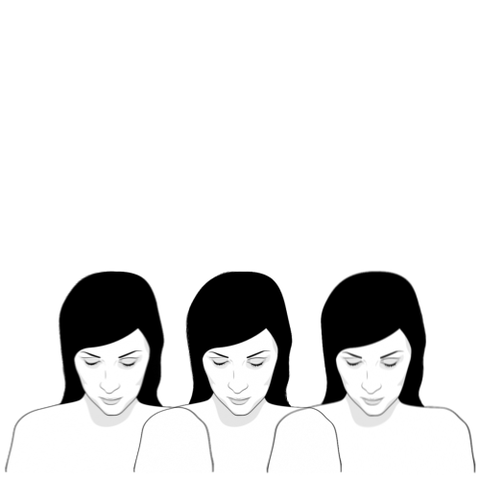Double-Barreled
- Zanele Chisholm

- Jan 8, 2020
- 3 min read

I feel like I was born in the hands of my ancestors. As if everything I do is spoken and realized through them. I’ve never been able to make sense of this obsession that I seem to have with the ancestral women of my family but since I was a young girl I remember feeling this energy inside of me that didn’t seem to belong to me, not originally at least, but it felt just. I’ve been chasing it all my life, through the stories I tell and the poetry I write, I’ve been attempting to map out the lives and dreams of dead matriarchs.
When I was 16, I read Yaa Gyasi’s Homegoing. Her story and her ways of storytelling have changed my life. Gyasi wrote about the split, parallel lives of one family. With one side of the family’s journey exploring trans-Atlantic slavery to the Americas and the other unpacking the colonization, destruction, and recreation of Ghana through European imperialism and colonial violence. Gyasi’s exploration of the double-barrelled history of enslavement and selling of Black bodies to white power and capitalism was my first glimpse at mapping stories of the past to the present to create a deeper understanding of what makes up the soul of a person and of a family. After experiencing Gyasi’s writings, I knew that she was the kind of writer I wanted to be. Radical in thought and language and championing the reality of my ancestors and their womanhood as high-literature.
I don’t intend to frame this entire letter of interest around Gyasi but also I must because she is the basis of the research project that I hope to endeavor upon. Because Gyasi is also where I first began to understand the concept of epigenetics. I first heard of this word on the Black talk show, The Grapevine, run by Ashley Akuna. Ayesha Faines was talking about inherited trauma and she said this word epigenetics and it just stuck with me. Faines was explaining the concept to the rest of the panel and gave an example of a woman’s great grandmother and how her grandmother, mother, and herself were once all in her womb at the same time and any trauma and pain she experienced during her time in this world is transferred through the body into our own. We hold with us, the pain of our ancestors and it can affect the way we process our traumas and the way we perceive the world.
And this idea got me thinking about the female body and especially the Black woman’s body and what we go through to carry on the lineage of Blackness in a world that hates us. Historically, the black woman’s body has been pillaged and conquered for American labor and capitalism. White supremacy has attributed definitions to Black femininity and sexuality, robbing Black women of their inherent autonomy in place of extensions of subjugated humanity. And yet, the black woman’s body carries so much resilience. I question what effect this constant rebuilding of the soul and its chamber does to the foundation of a person. Black women are constantly being reborn and recrafted into bodies more sustainable against the global psychological and physical violence implemented by ideologies and systems of a white supremacist, male supremacist world seeped in misogynoir.
Is it possible for our ancestors to be trapped within the trauma we inherit from them? That energy, that spirit I felt so strongly as a child was something supernatural. I thought it must be my ancestors trying to speak to me, but maybe it was them asking me to let them go and trying to show me how to do it. If I have thousands of years of trauma seeped in my bones, how do I work through that? How do you process a pain buried so deeply? This is what I intend for my study to be about. It terrifies me to think that there are millions of women inside of me, women of the past, who have been locked in my blood because we were never allowed to heal.
Strength can be the greatest burden. With my research project, I would like to write a story. As I said before, storytelling is the only thing I know how to do with all my body. Language and the narratives it can craft encompasses me. It is my greatest sense of joy and my greatest battle. I want to tell the story of the Black women caught in my blood, I want to bleed them into tangibility and unlock their bounds. I will not be the cage that holds my ancestors hostage and I will not force them to continue to bear the weight of violence that they may have endured during their time in this world. I want to learn what freedom takes. I want to grant them the liberty that life and death could not.

Comments